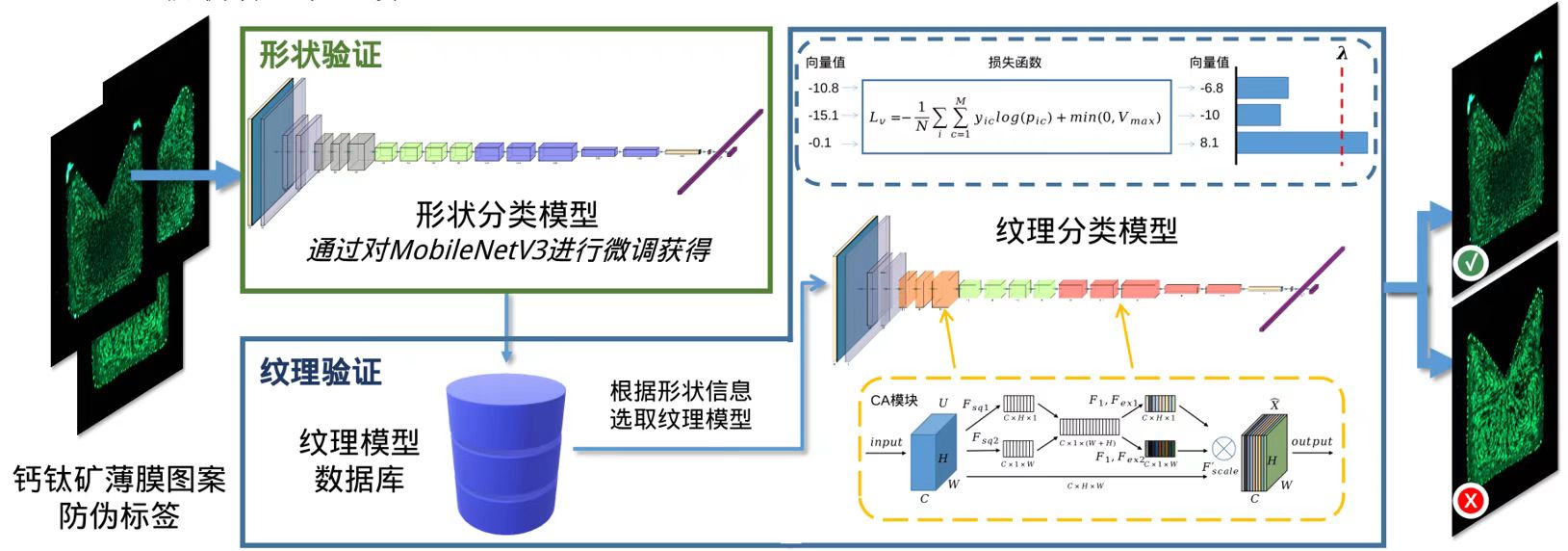Recently, our team has achieved a significant breakthrough in the field of anti-counterfeiting label detection by developing a lightweight network-based algorithm.
Our team has recently published a paper titled “Lightweight Network-Based Algorithm for Anti-Counterfeiting Label Detection” in the core journal “Journal of Shanghai University (Natural Science Edition).” The School of Computer Engineering and Science at Shanghai University is listed as the primary affiliation, with master’s student Zhang Hongkun as the first author and Professor Han Yuexing as the corresponding author. This work has also received tremendous support from Professor Chen Qiaochuan and Professor Wu Jinbo.

In recent years, the economic losses caused by counterfeit and pirated products have been increasing, and counterfeit techniques continue to advance. As a result, the issue of anti-counterfeiting detection has attracted widespread attention from researchers. To address the challenges of high computational complexity, resource consumption, and lengthy detection time in existing anti-counterfeiting detection methods, this work proposes a lightweight network-based model for anti-counterfeiting label recognition and detection. The model utilizes lightweight convolutional neural networks (CNN) for shape and texture recognition. To enhance the model’s learning capability in shape recognition tasks, the pooling layer size is reduced. For texture classification tasks, a coordinate attention (CA) module is employed to enhance the model’s information retrieval from individual feature maps. The model’s ability to distinguish between genuine and counterfeit samples is reinforced through the design of a loss function. Finally, the prediction results are obtained by selecting the maximum value from the feature vectors. Experimental results demonstrate that the proposed method achieves an overall accuracy rate of 95.67% in label recognition and detection. Moreover, the detection time is significantly improved compared to traditional methods.